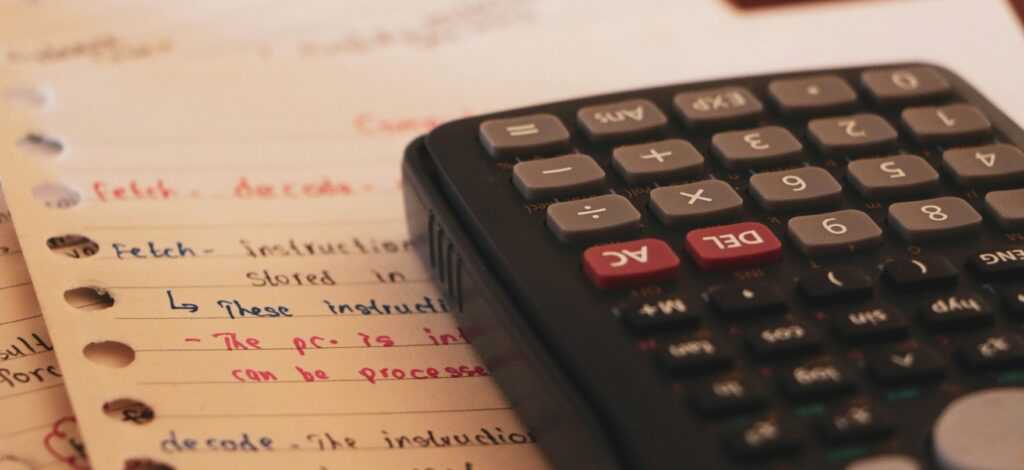Have you ever wondered how bookmakers set odds in the world of gambling? Understanding implied probability is key to unraveling the mystery behind these numbers. When I first delved into the realm of gambling, deciphering the implied probability felt like cracking a secret code that unlocked a whole new level of strategic betting. It’s fascinating how these probabilities hide beneath the surface, shaping the landscape of the betting industry.
In this article, I’ll guide you through the concept of implied probability, shedding light on how it influences your betting decisions. By grasping this fundamental principle, you’ll gain a competitive edge in navigating the intricate web of odds and wagers. Join me on this journey as we explore the hidden world of implied probability in gambling.
Exploring Implied Probability in Gambling
Delving into the realm of implied probability within gambling unveils a fascinating facet of the industry. Understanding implied probability is akin to deciphering a clandestine language that greatly influences the setting of odds. By grasping this concept, one can gain a significant edge in making strategic betting choices.
Implied probability is not merely a theoretical concept; it serves as a practical tool for bettors to assess the likelihood of outcomes. It allows me to make more calculated decisions when navigating the intricate landscape of odds and wagers in the betting world.
Exploring this hidden dimension of implied probability equips individuals with valuable insights that can potentially transform their approach to betting, offering a deeper comprehension of the underlying mechanisms at play.
- The Mathematics Behind Implied Probability
Understanding the mathematics behind implied probability is essential for making informed betting decisions. To calculate implied probability in betting odds, you can utilize a simple formula that converts odds into a percentage.
- Calculating Implied Probability in Betting Odds
When calculating implied probability in betting odds, the formula varies based on the type of odds presented. For decimal odds, you can determine the implied probability by dividing 1 by the odds. For example, if you have decimal odds of 2.50, the implied probability would be 1 / 2.50, which equals 0.40 or 40%.
In fractional odds, you can calculate the implied probability by dividing the denominator by the sum of the numerator and denominator. For instance, with fractional odds of 3/1, the implied probability would be 1 / (3 + 1), resulting in 0.25 or 25%.
For American odds, the calculation depends on whether the odds are positive or negative. Positive odds have the formula: 100 / (odds + 100), while negative odds use the formula: absolute value of odds / (absolute value of odds + 100).
By mastering these calculations, you can decipher the implied probabilities hidden within betting odds, empowering you to make well-informed choices in your gambling endeavors.
Importance of Implied Probability in Gambling Analysis
Exploring the importance of implied probability in the gambling arena reveals its crucial role in making strategic betting decisions. Understanding implied probability is akin to deciphering a cryptic code that enhances one’s betting strategies. By applying implied probability practically, I can gauge the likelihood of various outcomes, empowering me to make well-informed choices in the intricate realm of betting. Grasping the mathematics behind implied probability allows me to calculate it for decimal, fractional, and American odds. Mastery of these calculations unveils the hidden implied probabilities within betting odds, equipping me to make astute decisions in my gambling endeavors.
Evaluating Implied Probability Accuracy
Exploring the accuracy of implied probability is essential in ensuring informed decision-making in the realm of gambling. When evaluating this accuracy, it’s crucial to consider the discrepancy between implied probability and actual outcomes.
Assessing implied probability accuracy involves comparing the calculated probabilities to the observed results over a significant number of bets. This process allows me to determine if there are any biases or inaccuracies in the implied probabilities provided by the odds.
By evaluating the accuracy of implied probability, I can gauge the reliability of the odds offered by bookmakers or betting exchanges. This assessment enables me to make strategic decisions based on a more precise understanding of the potential outcomes in different betting scenarios.
Understanding the nuances of implied probability accuracy enhances my ability to decode betting odds effectively, leading to more informed choices and improved outcomes in the dynamic landscape of gambling.


 Bertha Richardonner is the dedicated author of Gamble Wise Roots, where she provides readers with in-depth insights into the gambling world. Her platform offers essential news and updates, simplifies casino basics, and breaks down the intricacies of odds.
Bertha’s passion for uncovering the history and evolution of casino games, along with her exploration of betting origins, empowers enthusiasts to approach gaming with greater knowledge and understanding.
Bertha Richardonner is the dedicated author of Gamble Wise Roots, where she provides readers with in-depth insights into the gambling world. Her platform offers essential news and updates, simplifies casino basics, and breaks down the intricacies of odds.
Bertha’s passion for uncovering the history and evolution of casino games, along with her exploration of betting origins, empowers enthusiasts to approach gaming with greater knowledge and understanding.
